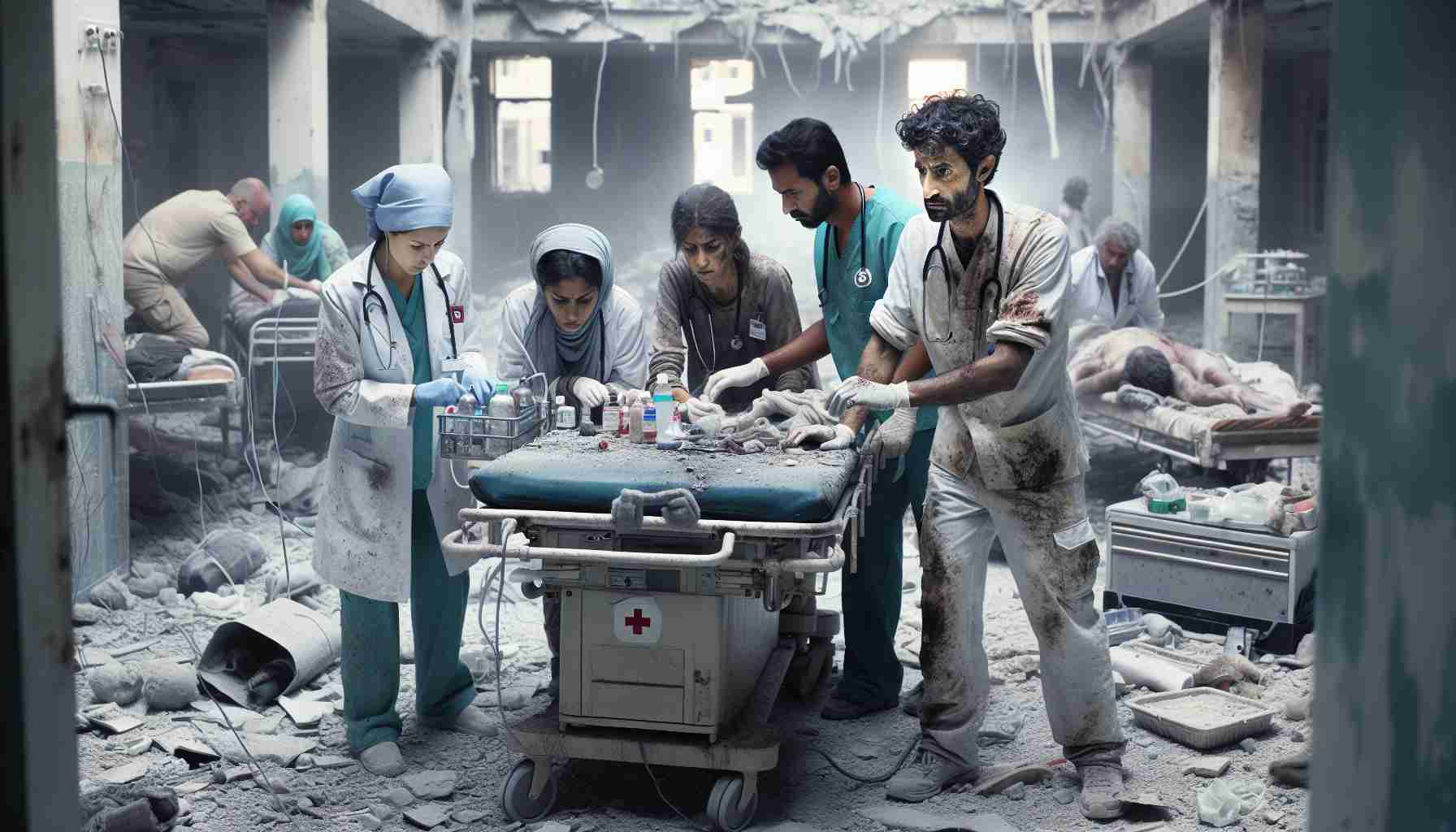Increase in Medical Struggles
A rise in conflict intensity in certain regions has led to a surge in attacks on health care facilities and personnel, posing a severe threat to the provision of medical services. These attacks have disrupted healthcare operations, with facilities being damaged or destroyed, and health workers facing challenges in carrying out their duties due to power outages.
Critical Health Service Support
Amidst escalating conflict, health organizations are working tirelessly to support critical health service provision in affected areas. Collaborative efforts between the Health Cluster and the Ministry of Health have facilitated essential healthcare services in designated transit centers, aiding thousands of displaced individuals with primary healthcare and mental health support.
Winter Preparedness Initiatives
As the winter season approaches, health authorities are gearing up to address the additional challenges faced during cold weather. Various assessments and planning efforts are underway to ensure that health facilities are adequately prepared for the winter months, with a focus on addressing energy-related concerns and enhancing operational planning for the upcoming season.
Public Health Monitoring
In light of the evolving situation, the Health Cluster has released a Public Health Situation Analysis report to provide insights into current health trends and risks. Additionally, WHO has issued a Winter Risk Assessment to guide preparedness efforts and ensure a comprehensive response to cold-related health risks in conflict-affected areas.
Complexities of Healthcare Challenges in Conflict Zones
The healthcare challenges in conflict zones extend beyond the immediate impact of attacks on facilities and personnel. One crucial aspect that is often overlooked is the long-term psychological effects on both the healthcare providers and the communities they serve. How are mental health services being addressed in conflict zones to support the well-being of individuals affected by the ongoing violence?
Addressing Healthcare Disparities
Another critical question revolves around the disparities in healthcare access and quality in conflict-affected areas. How are health organizations navigating these challenges to ensure that all individuals, including marginalized populations, have equitable access to essential healthcare services despite the volatile environment?
Technological Innovations for Healthcare Delivery
In the face of conflict-related disruptions, technology has played a vital role in transforming healthcare delivery in conflict zones. What are some innovative technologies being utilized to overcome logistical barriers and improve healthcare access for underserved populations in these challenging settings?
Protection of Healthcare Workers
The safety and protection of healthcare workers remain a pressing concern in conflict zones where they are often targeted or face risks while providing care. What measures are being implemented to enhance the safety of medical personnel and ensure their ability to continue delivering critical health services amidst escalating violence?
Advantages and Disadvantages:
One advantage of heightened global awareness of healthcare challenges in conflict zones is the increased support and funding directed towards initiatives aimed at improving healthcare delivery in these settings. However, a significant disadvantage is the persistent insecurity and volatile conditions that hinder consistent and sustainable healthcare provision, leading to ongoing gaps in services and outcomes.
For further insights on addressing healthcare challenges in conflict zones, visit the World Health Organization website.
